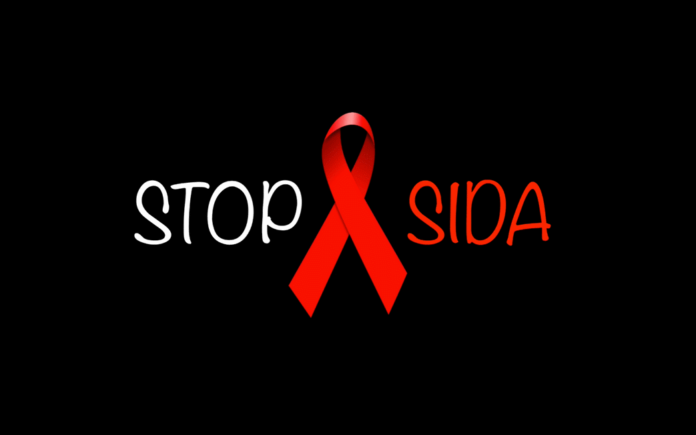At a high-level meeting in Dakar, Senegal, UNAIDS, the United Nations Children's Fund (UNICEF) and the World Health Organization (WHO) urged countries in West and Central Africa to do more to stop new HIV infections among children and adolescents, and to expand coverage of HIV testing and treatment.
In 2017, around 67,000 children (aged 0-9) and 69,000 adolescents (aged 10-19) were newly infected with HIV. Two-thirds (46,000) of newly infected adolescents were girls. Although progress has been made in some countries in halting new HIV infections among children - eleven countries recorded a reduction of over 35% between 2010 and 2017* - others, notably Nigeria, which has the largest epidemic in the region, saw no decline at all.
"Countries in West and Central Africa have a real opportunity to create positive change for children and young people," said Michel Sidibé, UNAIDS Executive Director. "Underlying issues, including gender inequality and widespread stigma and discrimination, need to be urgently addressed so that the barriers to achieving results for children can be removed and more lives saved."
In West and Central Africa, nearly 800,000 children and adolescents between the ages of 0 and 19 were living with HIV in 2017 - the second-highest figure in the world after East and Southern Africa.
"The majority of children living with HIV in this region are not receiving care and treatment because they don't know they have HIV as they have not been tested," said Marie-Pierre Poirier, UNICEF Regional Director for West and Central Africa. "We can reverse this trend by focusing on a family-centered approach to testing and treatment, and launching innovative point-of-care technologies that bring testing closer to primary health facilities and the communities where children live."
Less than half of all pregnant women living with HIV in the region (47%) had access to antiretroviral drugs to prevent transmission of the virus to their child, and only 21% of HIV-exposed newborns were tested for the virus within the first two months of life.
"We should not lose any more of Africa's future to AIDS," said Matshidiso Moeti, WHO Regional Director for Africa. "Effectively tackling HIV among children and adolescents requires strong, quality health services. By committing to universal health coverage, countries can accelerate progress towards an AIDS-free generation in West and Central Africa."
Although there have been advances in antiretroviral therapy coverage for children in West and Central Africa, rising from 18% in 2014 to 26% in 2017, the region still has the lowest coverage in the world. Around 52,000 children and adolescents between the ages of 0 and 19 died of AIDS-related illnesses in 2017 - 34,000 of whom died before reaching their fifth birthday.
In the 2016 United Nations Political Declaration on Ending AIDS, countries in West and Central Africa committed to working towards reducing the number of new HIV infections among children and young adolescents (under 15) to 6,000 by 2020, and ensuring access to treatment for 340,000 children and young adolescents (under 15) by 2020.
However, promises to accelerate the HIV response have not been matched by an increase in resource mobilization. The total resources needed for an effective response in West and Central Africa were 81% higher than the funds available in 2017.
Translating commitments into concrete action requires the mobilization of political and community leaders, the drastic scaling-up of investments, the development of innovative technologies such as early diagnosis in newborns at the point of care, differentiated strategies for service delivery - including family screening and longer-term prescribing of antiretroviral drugs - and task-shifting approaches applied to HIV care and treatment services for children across the region.
As part of a concerted effort to accelerate the pace of progress in the region, UNAIDS, UNICEF and WHO organized a High-Level Meeting on the elimination of mother-to-child transmission of HIV and universal health coverage for paediatric HIV testing and treatment in West and Central Africa to address the challenges, share best practices and innovative approaches to tackling persistent bottlenecks, agree on corrective measures and secure commitment to action from countries and partners.
Hosted by the Government of Senegal, the meeting is taking place in Dakar from January 16 to 18, 2019, and brings together health ministers, experts, civil society representatives and partners from across the region, as well as high-level representatives of organizations from the United Nations, the African Union, the Economic Community of West African States and the Economic Community of Central African States.
During the meeting, countries and partners are expected to renew their commitment to the 2015 Dakar Call to Action to accelerate the elimination of new HIV infections in children and access to treatment for children and adolescents living with HIV by 2020.


